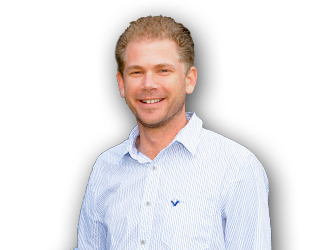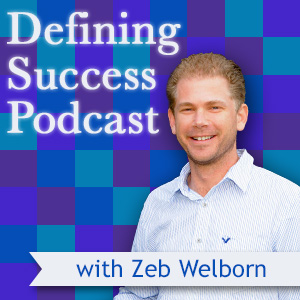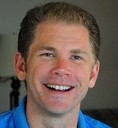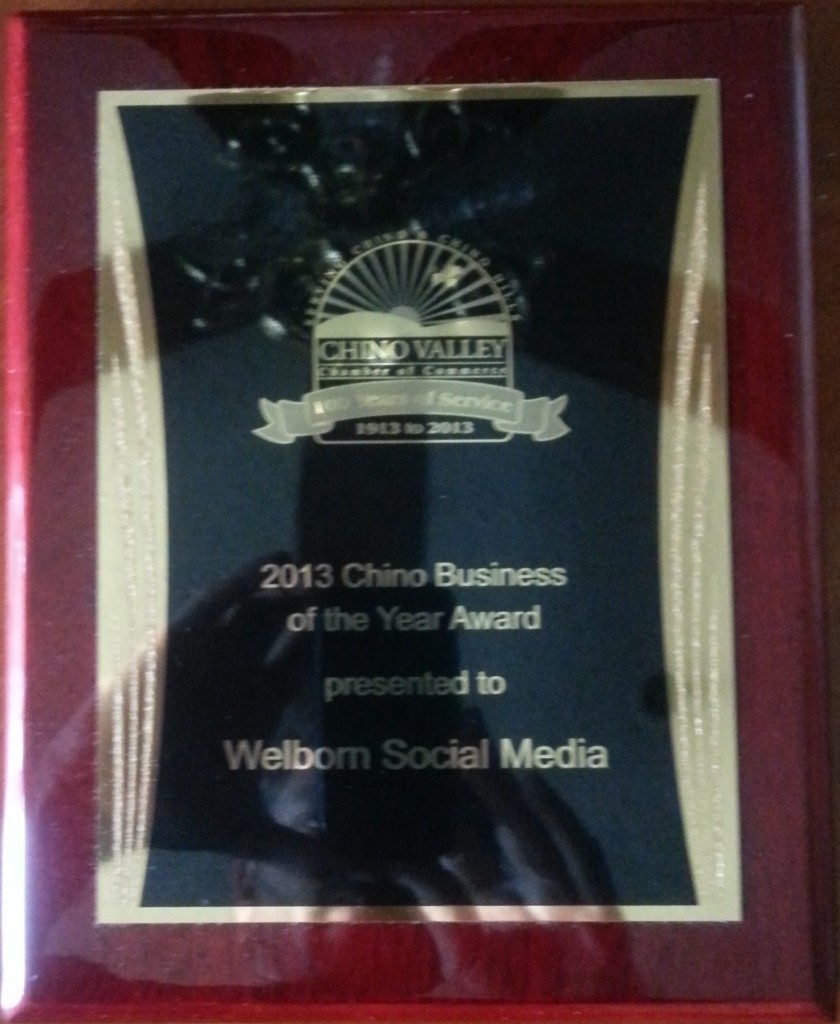Podcast: Play in new window | Download
 This episode I interview the Mingling Maven, Susan RoAne. She is the author of How to Work a Room. In the interview she gives great ideas on having conversations with people, how to start those conversations, and how to feel comfortable in those scenarios. One of the things she highlighted was the difference between working a room and networking. The real key to networking is in the follow-up.
This episode I interview the Mingling Maven, Susan RoAne. She is the author of How to Work a Room. In the interview she gives great ideas on having conversations with people, how to start those conversations, and how to feel comfortable in those scenarios. One of the things she highlighted was the difference between working a room and networking. The real key to networking is in the follow-up.
Susan RoAne, or the Mingling Maven, is the best selling author of How to Work a Room. If you’ve ever walked into a roomful of strangers and felt uncomfortable, you’re not alone. According to research, over 90% feel the same way. Because it’s essential, to building our businesses as well as our personal life, we must be able to comfortably attend gatherings and meet, connect and converse with people we don’t know as well as the ones we do.

Zeb’s Take
What a great interview with Susan. She gave a lot of really great tidbits of information about how you can work a room, how you can feel comfortable in networking situations and meeting new people. I really love the advice she gave.
One of the things she pointed out that I’d like to talk about more is the difference between networking and working a room. Working a room is the initial interactions, initial discussions, and how to make sure your presence is known throughout the room. The networking side of it is through the follow-up. Networking isn’t the mingling and interacting at the location, it’s the follow-up afterwards and that is where the value comes in with networking.
I’ve seen it a lot at networking events. Business owners go wanting to grow their business and they expect outcomes the first time they show up. They walk in, they’re interacting with everybody, they are very outgoing, shaking everyone’s hand and exchange business cards. But they don’t get any business that one day and you’ll never see those people return again. I know from experience with our Chamber of Commerce that my continued presence there, the follow up I did with the people I met at the chamber, that ultimately it led to a lot of sales for me and my business down the road, as people began to trust and know me. Now that I’ve gotten better and gotten more experience at networking I have a good system set in place that encourages follow up, that promotes myself and reaching out to people. Then it’s either getting coffee with them or just connecting through email or social media networks.
The networking at the event is not the goal, it’s about the follow-up afterwards. If you are going to networking events to get the most value out of it make sure you follow up with the people you meet at those events. Because there is always an opportunity. Even if they are not going to be a customer for your business they have the potential to refer your business or connect you with people who can benefit your business. You can also help them in different capacities and build a relationship that way.
Go out there and find your success!
Find out more about Susan Roanne, The Mingling Maven
Go to www.SusanRoane.com or HowToWorkARoom.com
Email Susan at Susan@SusanRoane.com with your questions
Her Book, How To Work a Room
She says, “Please go to your local bookstore, if they don’t have it on the shelf they will order it for you. We have to support our local book stores. But of course it’s in online bookstores. The book is How to Work a Room, the Silver Anniversary Edition.”

Quotes
- “I think that’s part of success, being willing to say yes and stretching ourselves.”
- ” If you are not re-tweeting, letting someone know you appreciated a tweet, responding, engaging, commenting then you are a lurker, not a worker.”
- “I found that the people who created their own luck[…], they said yes when they wanted to say no.”
- “Real networking happens over time, it’s a process. It’s not something that happens once at an event.”
- “The people who I find with the most success are people that have diverse relationships with people of different ages, different backgrounds, different interests; as well as those who are in their field.”
- “Some of the best networkers are people who used to be shy, but they realized there was a benefit to meeting interesting people.”
- “The banquet of banter is a potluck: what are you bringing to the banquet?”
- “Bring who you are to what you do.”
- “At a certain point the stuff that we have isn’t as important as the stuff we’re made of.”


More from the Interview
Susan was a former public school teacher in Chicago and San Francisco. In San Francisco they had massive layoffs, Susan was one of them. She was then able to help former teachers find new career paths. That evolved into Susan writing books including How to Work a Room. She designed a career change workshop for teachers. Made sure it got on radio. When the editor of the San Francisco Examiner contacted her to do a local career series she said, “Yes.” She immediately got a headache because she wasn’t sure what she had gotten herself into.
“I think that’s part of success, being willing to say yes and stretching ourselves.”
Susan’s Book – How To Work A Room
The main premise of her book is to make it easy for any person that has to walk into a room, a meeting, a party, a reunion, a wedding, a conference, a retreat. So that no one stands at the door and feels uncomfortable walking into a room full of people they may not know. Susan’s mission is to take away that discomfort and help people prepare so they can make the most of whatever event they are going to.
In a Room
If Susan is at an event and sees someone standing alone, she’s the one that will seek them out and try to start a conversation with them. Because, she says, one of the top traits of people we really remember are the people who noticed us, came over to us, made us feel included. For the people already in the room, being cognizant of the people who are alone and welcoming them is not only a wonderful trait, it’s a brilliant business strategy.
For the first version of her book, Susan did most of her research at her local chamber. She saw things that people did that were wonderful. She also saw things that made her question how some people were raised.
Being able to work a room is a skill. To be a networker is a different skill. There are people that are wonderful in a room; we’ve all seen them, they are very conversant, they are interesting, fun to be around, but they have no interest in following up and no skill at following up. In her book Susan refers to these people as One-Night-Stands.
There are people out there with phenomenal networking skills. Networking is really the key to success. They have immense follow-up. They do what they say they’re going to do when they say they’re going to do it. They stay in touch. Those same people may feel very uncomfortable when they walk into a room full of strangers.
Those two skills together, working a room and networking, really are dramatic and they contribute to our personal and professional success.
New Rooms
Whether it’s Twitter, Facebook, LinkedIn, Google+, there are new rooms that we need to appropriately work, appropriately be social in, and behave appropriately in. Each one has a different etiquette. If you are not re-tweeting, letting someone know you appreciated a tweet, responding, engaging, commenting then “you are a lurker, not a worker.”
Twitter is the most fascinating time-suck Susan has ever experienced that does not involve the TV.
In video chats for Skype and Google Hangouts, make sure you look great. Make sure you have the right lighting and that it’s not too dark. It’s different on the camera than it is to your eyes. Look at your office and make sure it looks they way you want it to be seen. When you are doing something face to face remember that you are really in that room with them, so you have to remember the same manners you would have in a real room. It’s still about paying attention and listening. Don’t look at your smartphone while you’re in a Google Hangout.
Teaching
Susan still loves speaking at a to universities and colleges. Sharing these techniques to empower a whole new group of people so they can go to places and meet people and get the first job, or the second or third. Even at high schools; giving kids the tools so they can connect with each other and people they need to know. “I think it’s wonderful.”
“I found that the people who created their own luck[…], they said yes when they wanted to say no.”
Advice
For people that feel uncomfortable going to an event, know that if you come prepared you will feel more comfortable. There are some things you can prepare ahead of time. There’s no reason now, with the internet, that you can’t do some research on the event ahead of time so you’re not walking in cold. Prepare your own self introduction, it should be specific to the event. Susan says her introduction at her chamber of commerce meetings is very different than at a friend’s wedding. Tailor your introduction to give people context for how to talk to you. It’s not the 30 second upchucking of an elevator speech; it’s 7-9 seconds, it’s a pleasantry. Give the benefit of what you do set in an interesting fun way that engages people so they get to ask what it means. Then you are invited to speak more. Only go on a little bit. Stop, look at the other person and say, “How about you?” not, “What do you do?” how about you, it allows them to talk about their passion which could be something different than their job.
How are networking and working the room different?
Working a room, you’re really just socializing. You’re mixing, meeting, greeting, you’re having a lot of little conversations and you’re circulating. It’s a social party. Nobody invites you to hog the time of one other guest.
Networking is very specific in that it’s the follow-up. You can’t network a room. Networking is a mutually beneficial process whereby we change ideas, information, ideas, advice, laughter. The real networking happens over time, it’s a process, it’s not something that happens once at an event. When you are developing a network you are developing a group of people where there is a stronger connection and it is the beginning of building relationships.
“The people who I find with the most success are people that have diverse relationships with people of different ages, different backgrounds, different interests; as well as those who are in your field.”
Icebreakers
Just look at the room/the event you’re going to. That’s what’s happening to everyone, it’s something in common. Susan talks about the food, she talks about how long it took to find a parking space. Look for name tags. If you are at a fundraiser, ask how someone came to support the cause. Say something that’s relevant to the event at hand, because that makes sense. It’s easy, it starts the conversation with small talk and then you can move from there.
Complement a tie, a nice scarf, an interesting necklace. It’s okay to compliment someone as long as it’s sincere. Notice things: pins, ties, jewelry; then you are in an easier conversation.
If you want to have something interesting to talk about make sure you know what’s going on in the world. Get it from a newspaper, online, TV, anywhere. Know what’s going on and you can always talk to other people.
For the Shy
In 1980 about 80% of people considered themselves shy, by 2000 it jumped to 93%. If you think you are shy, know that at least 90% of people in that room also feel shy sometimes. Some of the best networkers are people who used to be shy, but they realized there was a benefit to meeting interesting people. So they approach it as, “Oh my goodness, isn’t this great! I’m going to meet interesting people therefore I’m going to learn new things.” and it’s that attitude that gets them over the shyness.
“Some of the best networkers are people who used to be shy. but they realized there was a benefit to meeting interesting people.”
Susan suggests that if you walk into an event with someone that you don’t stay with them for the whole evening. Decide to split up and talk to other people then come back and introduce people to each other. Even for couples. Don’t stand face-to-face talking to each other; stand side-by-side facing room.
Susan’s Top Tips for a Great Conversation
Number one: Listen. Listen. Listen.
Two: “The banquet of banter is a potluck: what are you bringing to the banquet?” Be sure to bring your favorite stores. Listen to other people’s stories. Susan does this thing where she barrows other people’s stories, you can relate to people with kids even if you don’t have any. If you listen and pay attention to their stories that’s another story you can share to someone that has similar interests.
For conversation it’s listen, participate, don’t be afraid to ask questions, and don’t ask only questions. Share something of yourself.
“Bring who you are to what you do.”
On Success
“Can you look in your own mirror and feel comfortable with the person you are, how you treat people, how you’ve walked around this planet; and what your contribution has been?”
“It’s how you treat people.”
“I have a wonderful network of people around the world that I’ve stayed in touch with that has made me have the most wonderful life.”
“I want to know that when you’ve listened to me that you’ve got something that you can do to make your life just a little bit easier, better, and that to me is success.”
“At a certain point the stuff that we have isn’t as important as the stuff we’re made of.”









 difference is another. I think sometimes people fall into the dependency state of having these mobile devices and not so much using them to impact the world to make the world a better place. As a society we need to realize our technology obsession, come together and educate others on the difference between using these devices in an appropriate way and in an inappropriate way. I’m just as guilty of this as much as anyone else. If you go out to a restaurant you see half the people there on their mobile phone not talking with other people, not engaging with their surroundings. That’s one of the downsides of this technology and it’s something we need to be conscious of.
difference is another. I think sometimes people fall into the dependency state of having these mobile devices and not so much using them to impact the world to make the world a better place. As a society we need to realize our technology obsession, come together and educate others on the difference between using these devices in an appropriate way and in an inappropriate way. I’m just as guilty of this as much as anyone else. If you go out to a restaurant you see half the people there on their mobile phone not talking with other people, not engaging with their surroundings. That’s one of the downsides of this technology and it’s something we need to be conscious of.



 Thomas Dowd is the author of his book, Displacement Day. It’s about trying to recover from losing a job and going out job hunting. One of the things that I thought was very interesting was the way he would go about job seeking and how he recommends others do it as well. It’s the difference between networking and job searching.
Thomas Dowd is the author of his book, Displacement Day. It’s about trying to recover from losing a job and going out job hunting. One of the things that I thought was very interesting was the way he would go about job seeking and how he recommends others do it as well. It’s the difference between networking and job searching.



 This episode I interview the Mingling Maven, Susan RoAne. She is the author of How to Work a Room. In the interview she gives great ideas on having conversations with people, how to start those conversations, and how to feel comfortable in those scenarios. One of the things she highlighted was the difference between working a room and networking. The real key to networking is in the follow-up.
This episode I interview the Mingling Maven, Susan RoAne. She is the author of How to Work a Room. In the interview she gives great ideas on having conversations with people, how to start those conversations, and how to feel comfortable in those scenarios. One of the things she highlighted was the difference between working a room and networking. The real key to networking is in the follow-up.








